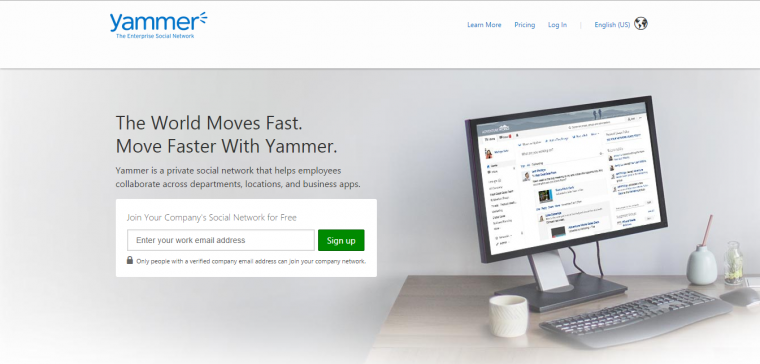Average incomes may have returned to pre-recessionary levels, but it’s going to take more than pay rises to help employers win the ongoing war for talent and grow their business.
Pay rises, while welcome, are one-off events incapable of sustaining the initial engagement they generate from staff, particularly their willingness to give that added effort, which is the essence of employee engagement.
“Employee engagement is the energised state in which staff are willing and able to go the extra mile and give it their best,” says Dr Linda Holbeche, co-director of research-based development consultancy The Holbeche Partnership, and visiting professor at Cass, Bedfordshire, Imperial College and London Metropolitan business schools.
Stephen Taylor, senior lecturer in human resource management at the University of Exeter, agrees. “It’s best thought of as a blend of employee motivation and employee satisfaction combined with energy, so employees are energised in their work; it’s not a passive state,” he says.
Employers need to act now to support employees to go that extra mile to enable their business to remain agile enough to gain competitive advantage and enjoy long-term success
“The business environment is becoming increasingly competitive and it’s also becoming less predictable, therefore organisations are having to become more opportunistic and more agile so they can seize opportunities as they arise,” says Mr Taylor.
Employee engagement is about listening to people and understanding what is appropriate to engage them
Instead of pay, employers need to focus on creating a corporate culture that recognises employees as individuals with individual needs, which is key to energising staff.
“There’s a famous golden rule in business, which is ‘do unto others as you would want done to you’. What our research actually shows is a platinum rule, which is ‘do unto others as they would want done unto them’,” says Nick Holley, co-director of the Centre for HR Excellence at Henley Business School.
“Employee engagement is about listening to people and understanding what is appropriate to engage them.”
But listening needs to be done in an authentic manner, which means business leaders need to do more than simply issue an annual staff survey that quizzes the workforce about their levels of engagement and satisfaction with their role and organisation. Staff need their voice to be heard and their views to be responded to, which is where social media can play a part, particularly enterprise social networks such as Yammer.
Millennials or generation Y – people born between the early-1980s and early-2000s – generally expect more of a two-way relationship with their employer. They require a psychological contract – the mutual expectations staff and employers hold about an employee’s role in the business – that provides a clear career-progression path, which helps them understand how their output is aligned to their organisation’s corporate objectives and how they are helping to grow the business.
“It’s about demonstrating a line of sight from what employees are doing in their role to the purpose and strategy of the organisation, [which requires] a clear strategic narrative from their leaders about the direction of the organisation and how the work they’re doing feeds into that,” says Jonny Gifford, research adviser at the Chartered Institute of Personnel and Development, the professional body for HR and people development.
Older workers also need careful consideration, given that more than 50 per cent of staff aged over 55 plan to work beyond the state retirement age.
Competent management is key to recognising employees’ respective needs, whatever their age, and a new approach will be defined by listening.
“Strong leadership is the wrong term because it implies that a manager is going to tell employees what to do,” says Professor Holley. “I think it’s more about ‘listening leadership’, and about managers who understand that each of their team is different and requires different ways of doing things.”
These listening managers can become agents of employee engagement, so long as they are allowed to craft their own approach to developing and engaging staff.

Enterprise social networks such as Yammer, provide a platform for employee collaboration where staff can also voice their opinions and concerns
“Too often HR focuses on managers who don’t do it well and introduces a process everyone has to go through without realising it’s the outcome that actually matters,” says Professor Holley.
Of course, managers need to make time to effectively manage or ‘empower’ their staff to go the extra mile for their organisation, but their efforts will be worth their weight in gold, as well as cost far less than a company-wide pay rise.
“Baby boomers are retiring and the next generation is smaller, so there’s less talent about, and we see that with virtually every one of the organisations we work with,” says Professor Holley.
“So for employers who want to keep their employees and who rely upon incentive schemes, it’s a zero-sum game because they will have to pay more and more until eventually it becomes unsustainable.”
